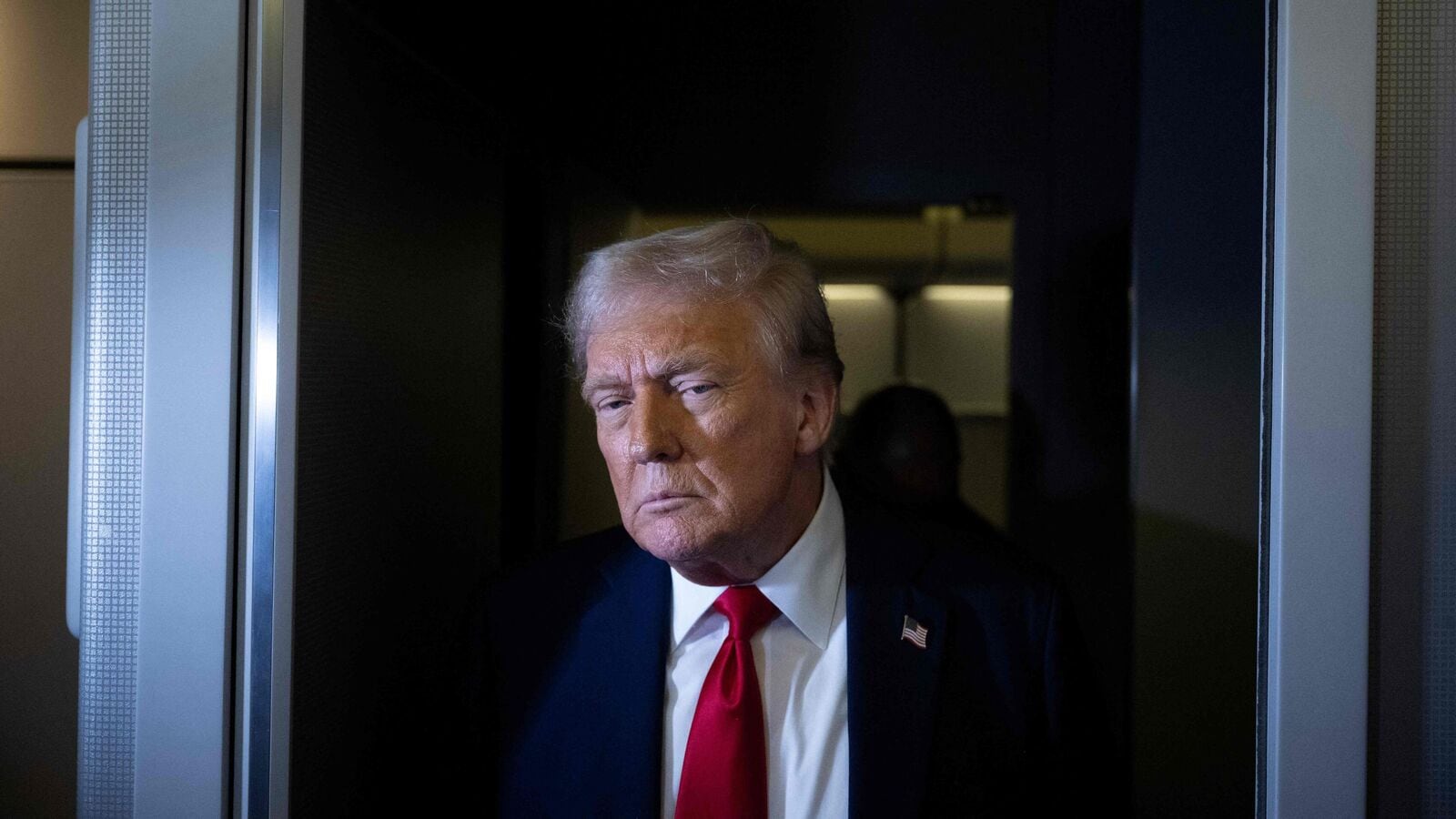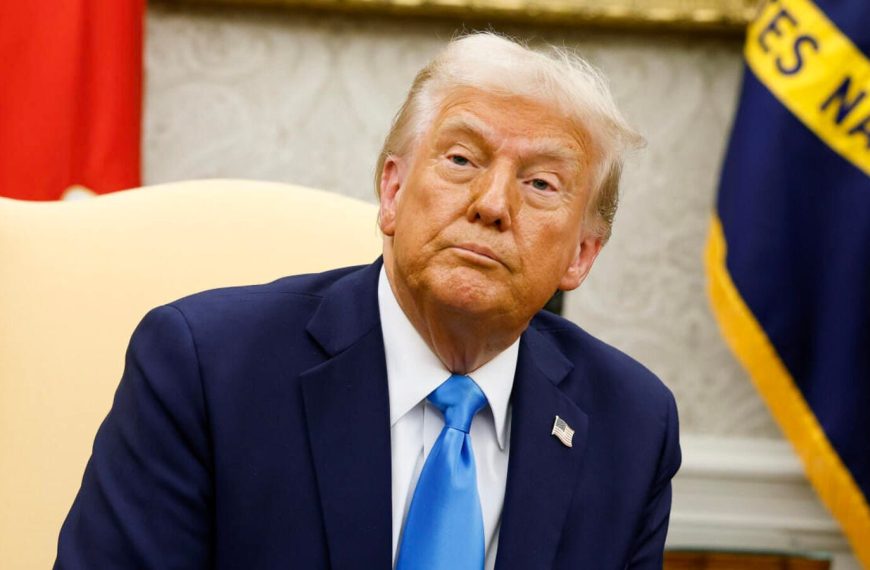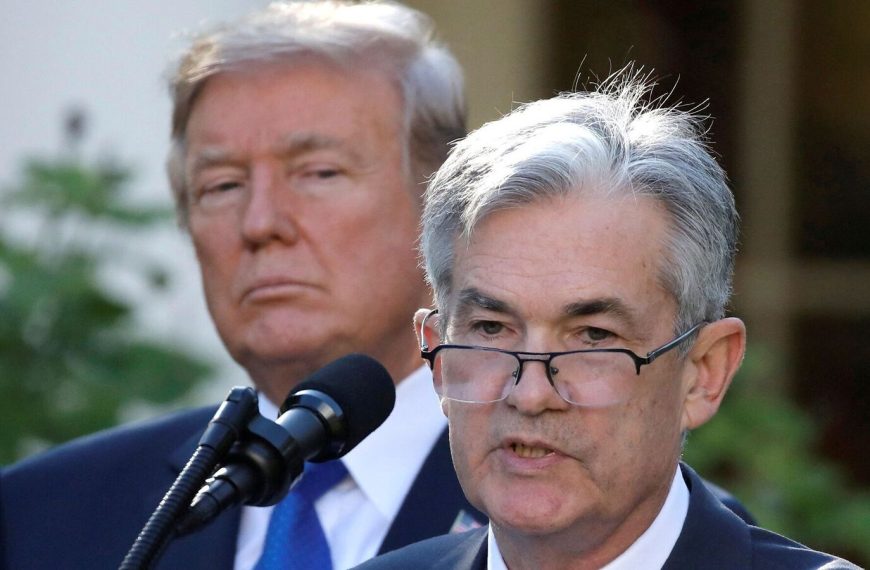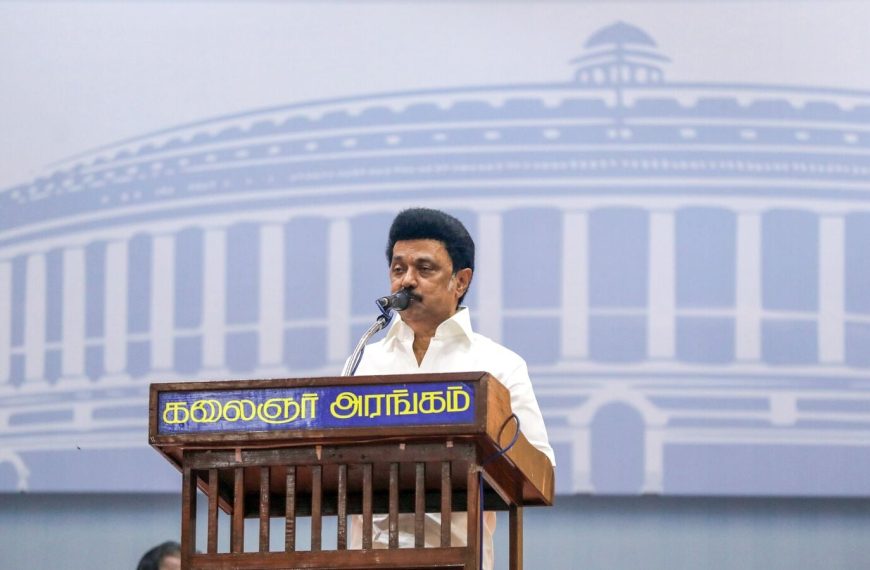President Donald Trump is set to implement a controversial series of reciprocal tariffs on April 2, affecting a wide range of countries. Unlike previous strategies that targeted specific nations with significant trade deficits, Trump has announced that these tariffs will apply to all countries. This sweeping approach raises concerns for nations including India, China, the European Union, and several others.
The Scope of Trump’s Tariffs
Speaking from Air Force One, Trump emphasized that the upcoming tariffs are part of what he dubs “Liberation Day.” He indicated that this strategy would encompass all nations, stating, “We would start with all countries, so let’s see what happens.” This marks a deviation from earlier intentions to focus solely on countries with major trade disparities with the United States.
- Countries likely impacted:
- India
- China
- European Union
- Mexico
- Vietnam
- Taiwan
- Japan
- South Korea
- Canada
Recent analysis from S&P Global Ratings indicates that India, South Korea, and Thailand may be particularly exposed to these tariffs. The impending measures will affect about 15% of U.S. trade partners that have longstanding trade imbalances, a group Treasury Secretary Scott Bessent has labeled the "Dirty 15."
Impact on Key Sectors
The auto industry, specifically manufacturers from Japan and South Korea, is expected to face substantial consequences from these tariffs. This follows last week’s announcements that indicated a potential increase in tariffs on imports, particularly in the automotive sector.
Existing Tariffs Under Trump
Before these new measures, Trump had already implemented tariffs on steel and aluminum imports, alongside additional levies on Chinese products. Tariffs on imported automobiles are also scheduled to commence on April 3. Trump’s trade advisor, Peter Navarro, projected that the auto import tax could generate an impressive $100 billion annually, contributing to an estimated $6 trillion over the next decade.
Understanding Reciprocal Tariffs
Reciprocal tariffs are designed to level the playing field in international trade by imposing duties that match those of other countries. This strategy aims to foster balanced trade relationships and protect domestic industries.
Consequences for Major Economies
India
With the new tariffs set to take effect, India is bracing for potential repercussions. The U.S. currently imposes an average tariff of 9.5% on Indian exports, among the highest rates globally. Critical sectors such as pharmaceuticals, automobiles, and agriculture could take a significant hit, with losses potentially reaching $7 billion annually.
- India’s exports to the U.S. account for just 2.3% of its GDP.
In an effort to mitigate the situation, India is considering reducing tariffs on over $23 billion worth of U.S. imports, as reported by Reuters. However, the ongoing trade imbalance remains a contentious issue, with India exporting $120 billion to the U.S. while importing only $70 billion.
China
China has been entrenched in trade conflicts with the U.S. for some time. Trump has consistently criticized the significant trade deficit between the two nations. With a weighted average tariff of 7.1% on U.S. goods, China is one of the most affected countries by these new tariffs.
In response to previous tariffs, China has begun to devise countermeasures. Premier Li Qiang has enacted an order to strengthen China’s “anti-sanctions law,” enabling the country to retaliate against foreign nations that impose discriminatory practices.
European Union
The European Union faces a similar predicament, as it is one of the U.S.’s largest trading partners. Tariffs on automobiles, agriculture, and machinery are likely to be particularly detrimental to EU economies.
Mexico and Canada
The announcement of these tariffs has sparked considerable backlash from Canada and Mexico, both of which are crucial trading partners. Effective from April 2, these tariffs will impose a 25% duty on a wide array of imports from both countries.
- Concerns raised:
- Economic disruption
- Potential strain on existing trade agreements like the USMCA
Mexican President Claudia Sheinbaum has criticized the tariffs as unfounded and has vowed to respond with retaliatory measures. Both nations are wary that these tariffs could further jeopardize diplomatic relations and trade agreements.
As April 2 approaches, the global economic landscape is poised for significant shifts, and countries are bracing for the repercussions of Trump’s bold tariff strategy.











